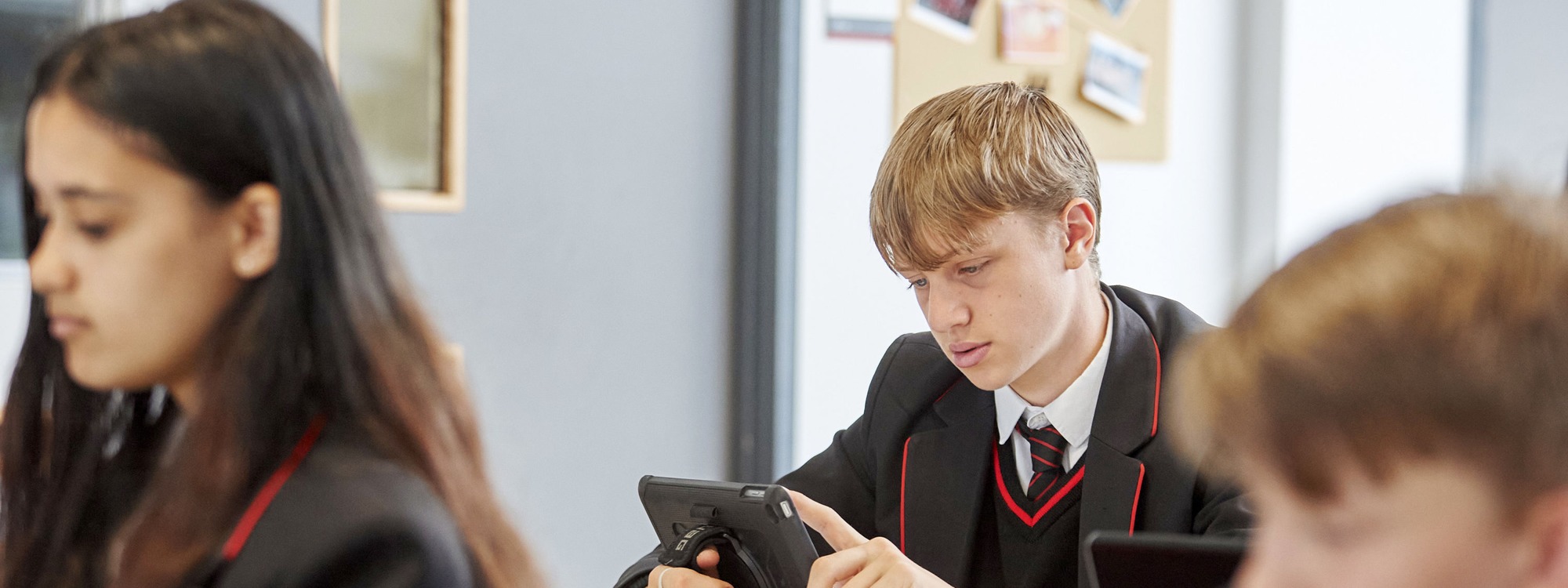International Baccalaureate Middle Years Programme
The International Baccalaureate Middle Years Programme (MYP) provides the framework for the curriculum at Skinners’ Kent Academy, throughout Years 7-9. It provides the academic challenge that encourages students to embrace and understand the connections between traditional subjects and the real world, and become critical and reflective thinkers. The programme:
- encourages international-mindedness in IB students, starting with a foundation in their own language and culture;
- promotes a positive attitude to learning by challenging students to solve problems, show creativity and resourcefulness, and participate actively in their communities;
- reflects real life by providing a framework that allows students to see the connections among the subjects themselves, and between the subjects and real issues;
- supports the development of communication skills to encourage enquiry, understanding and language acquisition, and to allow student reflection and expression;
- emphasises, through the learner profile, the development of the whole student – physically, intellectually, emotionally and ethically.
- is exciting, innovative, meeting students’ personalised needs, satisfying all National Curriculum requirements and providing a framework for all national qualifications and accreditation, including GCSE.
The Learner Profile at the centre of the MYP identifies the attitudes and attributes that we are seeking to develop in Skinners’ Kent Academy students: Inquirers, Knowledgeable, Thinkers, Communicators, Principled, Open-minded, Caring, Risk-takers, Balanced, and Reflective.
For futher information about the International Baccalaureate Midle Years Programme, please click here.
MYP Approach
The MYP aims to help students develop their personal understanding, their emerging sense of self and responsibility in their community.
Teaching and learning in context. Students learn best when their learning experiences have context and are connected to their lives and the world that they have experienced. Using global contexts, SKA students explore human identity, global challenges and what it means to be internationally-minded.
Conceptual understanding. Concepts are big ideas that have relevance within specific disciplines and across subject areas. SKA students use concepts as a vehicle to inquire into issues and ideas of personal, local and global significance and examine knowledge holistically.
Approaches to learning (ATL). A unifying thread throughout all MYP subject groups, approaches to learning provide the foundation for independent learning and encourage the application of their knowledge and skills in unfamiliar contexts. Developing and applying these skills help students learn how to learn.
Service as action (community service) Action (learning by doing and experiencing) and service have always been shared values of the IB community. Students take action when they apply what they are learning in the classroom and beyond. IB learners strive to be caring members of the community who demonstrate a commitment to service—making a positive difference to the lives of others and to the environment. Service as action is an integral part of the programme, especially in the SKA community project.
Language and identity. SKA students are required to learn at least one language (but can study up to two throughout years 7-11). Learning to communicate in a variety of ways is fundamental to their development of intercultural understanding and crucial to their identity affirmation.
Global Context
In the MYP, learning contexts should be (or should model) authentic world settings, events and circumstances. Contexts for learning in the MYP are chosen from global contexts to encourage international- mindedness and global engagement within the programme.
Students at the MYP age range learn best when their learning experiences have context and are connected to their lives and to the world that they have experienced. When learning becomes meaningful and relevant, students are more likely to be engaged. Teachers can impact on student learning by providing engaging and inspiring global contexts that contribute towards development of the attributes of the IB learner profile. The Global Contexts are as follows:
- Identities and Relationships
- Orientation in Space and Time
- Personal and Cultural Expression
- Scientific and Technical Innovation
- Globalization and Sustainability
- Fairness and Development
Assessment Criteria
In the table linked below please find a description of the four criteria for each of the MYP subject areas. All areas have been assessed in Term 1. Two of the four criteria will be assessed during each term ensuring that all criteria have been assessed at least twice during the academic year.
Middle Years Programme Assessment Criteria
The MYP assessment grades have three levels, which are referred to as years. These are:
- MYP Level 1 - Year 7
- MYP Level 3 - Year 8 - 9
As students' progress through the Academy, the criteria against which they are assessed change. This reflects the increasingly more rigorous and challenging work they are attempting. It is important to note that as a student moves between MYP Year levels, e.g. Year 1 to Year 3, it is likely for a student’s MYP Grade to move down, e.g. from a MYP Grade 4 to a MYP Grade 2.







